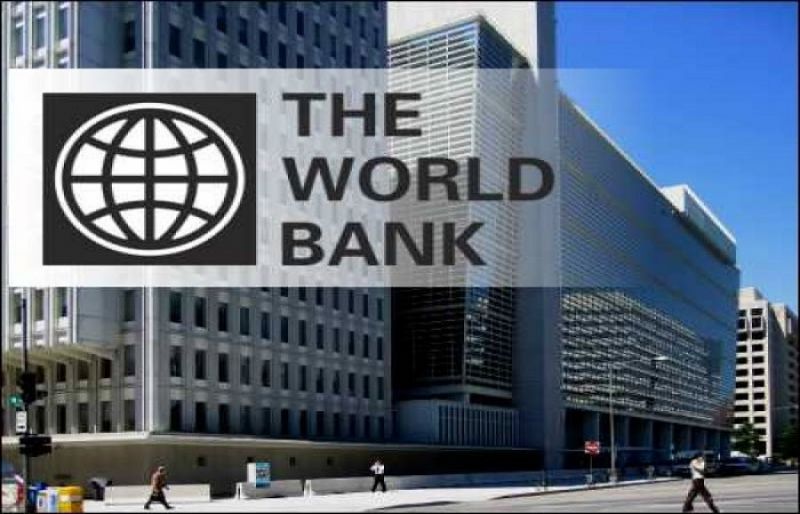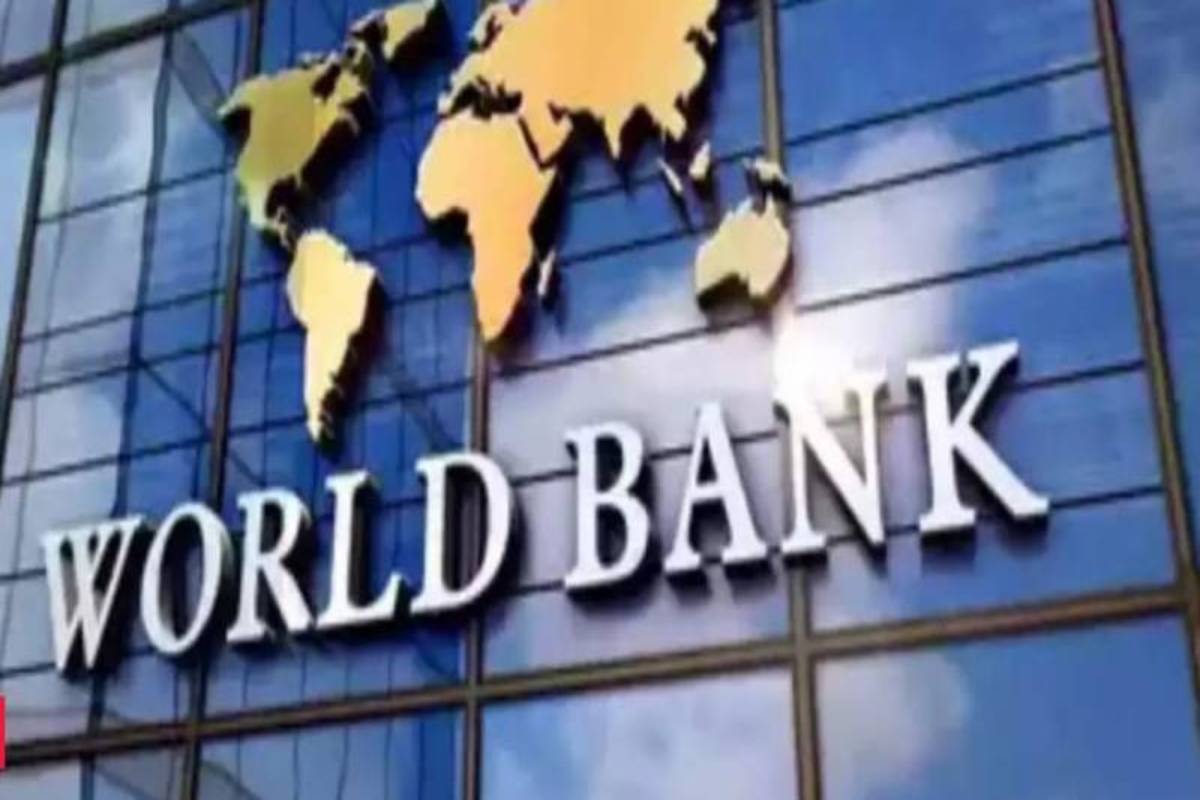In light of soaring inflation, rising interest rates, and Russia’s annexation of Ukraine, the World Bank reduced its profit forecast for 2023 and predicted that global growth would be “perilously close” to recession. As nations defied rising prices and central banks coincidentally raised interest rates to decelerate demand, deteriorating fiscal circumstances were prognosticated to occur amid nonstop interruptions from the conflict in Ukraine. In contrast to its previous forecast of 3 percent growth, the World Bank now forecasts global frugality to grow by only 1.7 percent in 2023.
In 2024, global frugality is anticipated to increase by 2.7 as opposed to the previous protuberance of 3. According to the World Bank’s most recent Global Profitable Prospects report, global frugality is briefly declining as a result of increased affectation, advanced interest rates, lower investment, and interruptions caused by Russia’s irruption of Ukraine.
The paper was the first in-depth examination of the medium-term prospects for investment development in developing countries, as well as the resulting requests. Any new unfavorable circumstance, for example, an earlier-than-expected affectation, an unanticipated increase in critical interest rates to limit it, a reactivation of the COVID-19 cases, or growing geopolitical pressures, could exacerbate the fragile profitable situation and precipitate a worldwide recession. This would effectively be the first time in more than 80 years that two worldwide recessions happened in the same decade, according to the World Bank.
According to the World Bank’s most recent Global Profitable Prospects report, the prognostic indicates a “sharp, long-continuing decline,” with growth estimated at 1.7 percent, or nearly half the rate it anticipated in June. Lower rates have only been recorded in over three decades, during the epidemic-driven recession of 2020 and the global fiscal extremism of 2009.
According to the Washington-based development lender, “given the precarious profitable conditions, any fresh negative circumstance might shoot the world’s frugality into recession.” These include suddenly high prices, sharp rises in interest rates to control price increases, or the reanimation of an epidemic.
“It’s anticipated that the pace of investment growth in emerging and developing households (EMDEs) would stay below the average rate of the last two decades. The world economy might enter yet another recession as a result of further negative shocks. “Due to their dependence on foreign commerce and backing, their lack of profitable diversification, their high debt situations, and their vulnerability to natural disasters, small nations are particularly vulnerable to these shocks,” stated the exploration.
The anticipated average rate of per capita income growth in emerging and developing countries over the coming two years is 2.8, which is 100 basis points lower than the average rate from 2010 to 2019. According to the World Bank, growth in per capita income in Sub-Saharan Africa, which is home to roughly 60 percent of the world’s oppressively poor, is anticipated to average just 1.2 over the years 2023–2024. Poverty levels may rise at this rate.
Growth in wealthy nations like the US is predicted to dip in 2023 to 0.5 percent, which is 1.9 points lower than what was prognosticated in June. The eurozone is likely to stall while dealing with massive energy force disruptions and price rises induced by Russia’s interruption. Due in part to continued pandemic dislocations and the sluggish property request, China is predicted to increase by 4.3 percent this time, 0.9 percentage points less than first anticipated. The bank warned that several of the poorest households, whose attempts to overcome poverty had formerly halted, have “particularly gloomy” prospects.
President of the World Bank David Malpass advised that “arising and developing nations are facing a multi-year period of lackluster growth driven by huge debt loads and inadequate investment.” The US Federal Reserve and other central banks have been raising interest rates over the last few months to combat inflation, but the World Bank advised that as programs take hold, the profitable drag is “likely to worsen.”
The bank also stated that “the world’s three main profitable machines—the United States, the euro area, and China—are going through a period of significant retardation, with mischievous spillovers for arising requests and developing countries.” For the time being, force shocks and currency detractions about the US dollar
Support from the epidemic and other factors have all contributed to an increase in affectation.
Even while affectation will likely slow down, the bank predicted that it would still be further along than it was prior to the epidemic. Ayhan Kose, the head of the bank’s divination department, claims that the overall stagnation and slow growth do not yet portend a recession. However, he told AFP that the bank is keeping an eye out for “the potential of fiscal stress if interest rates increase further in the current global environment.” He warned that if it does and the effect lasts, “it may cause a worldwide recession.” He also cautioned that there might be new debt problems if the financial situation worsens.
One of the worst-affected regions is Sub-Saharan Africa, which is home to 60% of the world’s severely impoverished people. The World Bank predicted that the country’s per capita income growth during this period and the one that followed would be “only 1.2 percent,” a rate that might cause poverty rates to increase rather than decrease. The report also highlighted the challenges faced by small countries with a population of 1.5 million or less that have been particularly hard struck by the pandemic. The bank claims that they consistently experience losses from climatic disasters “that amount roughly 5% of GDP every time.”
Given the increased eventuality of these natural catastrophes, Mr. Kose emphasized that we should plan for the possibility that these hazards would manifest themselves more constantly in the future.
Edited by Prakriti Arora



